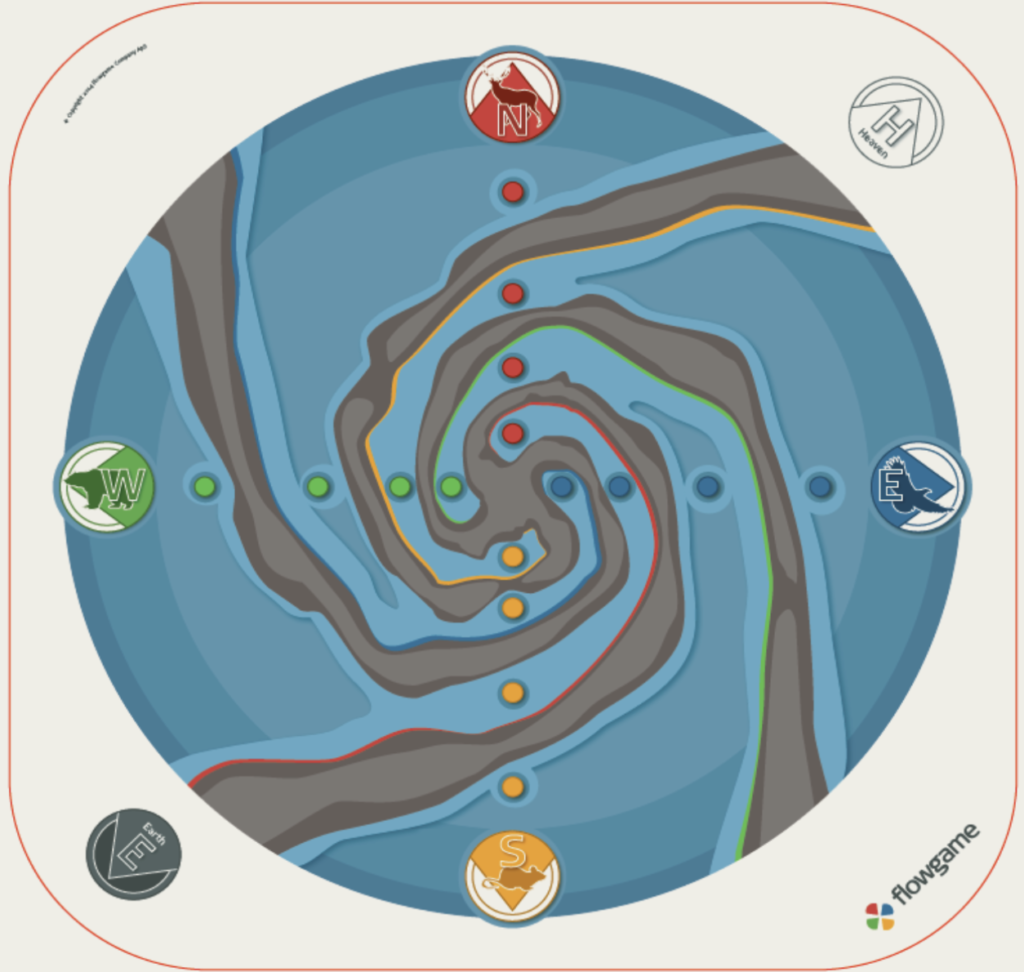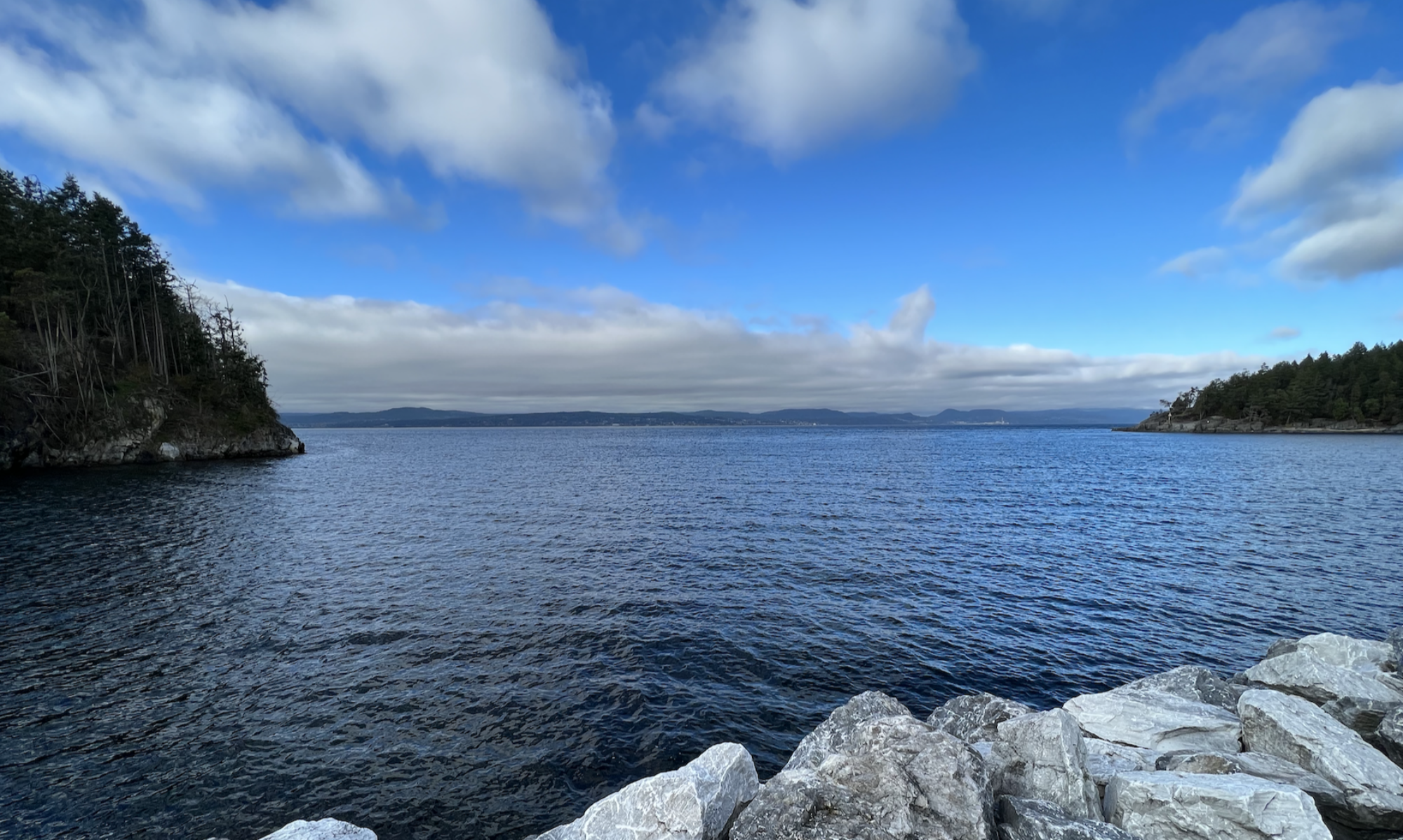
In the last month, with my friend and colleague Quanita Roberson, I’ve been involved in hosting three deliberate Flow Games. Each was to support a different team of 5-6 people in their goals for doing well together. Each game was four hours in duration. Each game was about inviting and invoking a spirit of flow through inquiry and reflection. Wonderful people. Wonderful outcomes.
Flow and wander are cousins to me. First cousins. Direct. Not distant. Flow and wander are also deliberate operational strategies to me. They are both quite significantly utilitarian. They are for being smart together. They are for being wise together. They are for cultivating individual and collective capacity. Though, here’s the catch — if you start with attention on the specifics of a utilitarian outcome, you’re far less likely to find the gold that lays in the river, or on the path.
Why flow and wander are such essential approaches is found, I believe, in their connection with wholeness. We as humans living in the 21st century western world have been rigorously trained to break things into parts. We dissect, literally and figuratively, with desire to understand the parts. We analyze. We seek the quantitative over the qualitative. We seek reliable and repeatable measurement, discounting what can’t be noted in the explicit world. It’s impressive. But only holds its helpfulness when reconnected to an orientation and discipline of wholeness.
“The whole is greater than the sum of the parts.” Yes, this is a truism, often spoken. But sadly, often forgotten in the day to day of human living, working in teams, learning in organizations, and deepening leadership. Too often, hyper vigilance and obsession with speed and efficiency strips us of the unique findings from the “slowing down to speed up” that flow and wander offer.
Flow and wander are a rather deliberate surrender to what arises. Inner and outer. Flow and wander are commitments to the form of intelligence only seen through intuition and associative investment. Individually and collectively entwined in unmistakeable dance. Flow and wander insist on integration of what we know in our heads, hearts, bellies, and spirits. Flow and wander bring us to relationship with life itself, which my teachers have been telling me for years, shift us from command, control, and dominance to kindness, consciousness, harmony, and power with rather than power over.
The rain is falling now. Half the sky is sunny and blue where I sit. Half is grayed, bursting forth with pitter and patter. The sound of falling rain against the backdrop of blue sky intrigues me, compelling me further to wonder, to the flow and wander that will be this day. Here might be the most significant aspect of today’s flow and wander — when I approach today this way (flow and wander as operational strategy), it feels like there is a bit more joy, a bit more magic, and a bit more harmony in living.
Joy, magic, harmony — very utilitarian. Life-giving rather than merely life-enduring. Wonderful outcomes.



